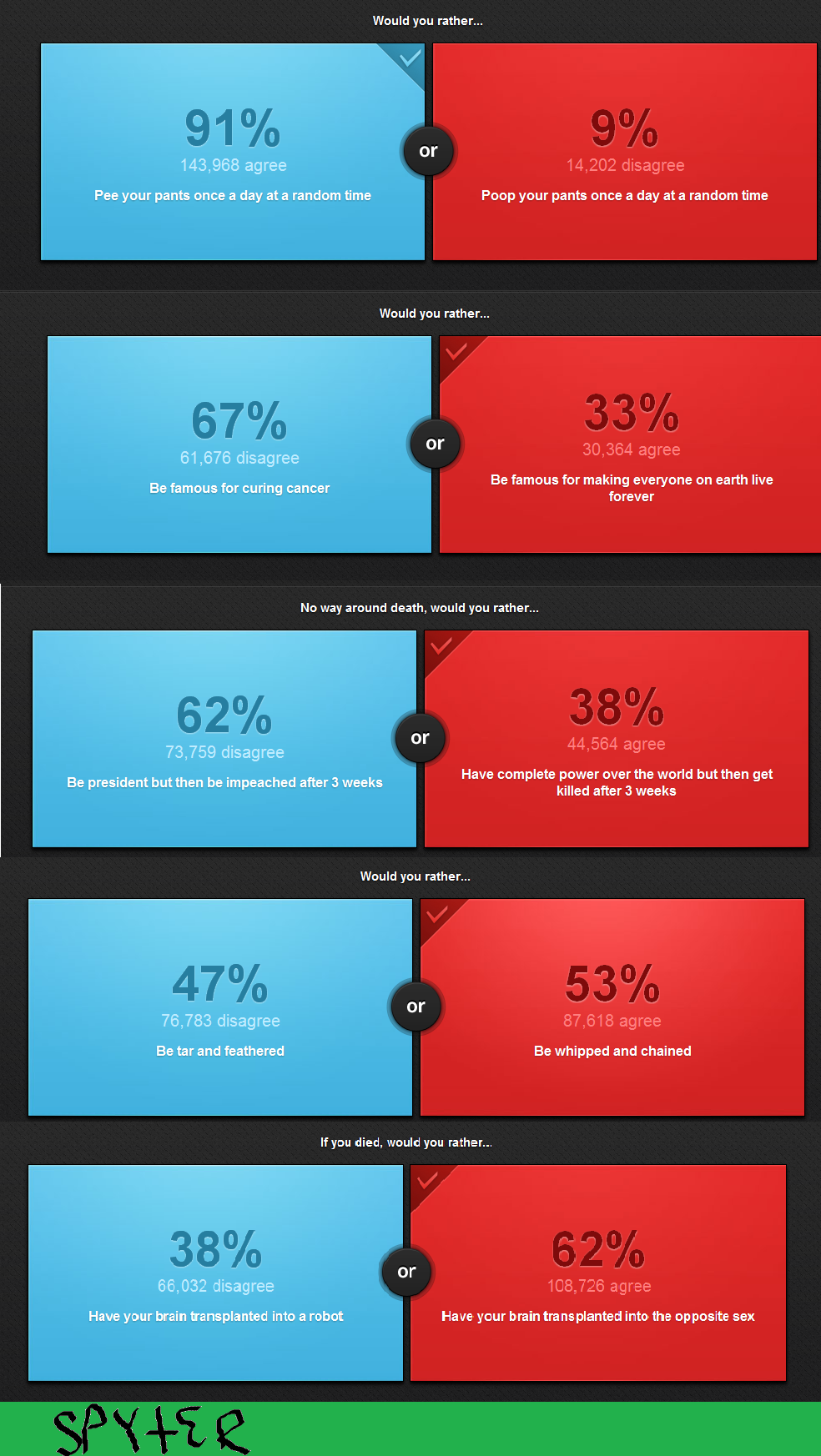
The Alphabet Game: Go around the table with the first person saying a word that begins with the letter “A.” The next person has to repeat that word and add a word that begins with the letter “B” and so on. You may not like Mancub’s “Would You Rather” game, but here are some other ideas to encourage open communication and get your kids excited about family dinner time:

So, in effect, we have the ability to raise a generation of kinder humans. And children who are raised in encouraging, supportive and loving environments become caring, loving, kind, compassionate adults. But the feelings that result also lead to kinder, more considerate individuals.

These things in and of themselves are spectacular reasons to encourage family meals and conversations. Statistics show that eating together as a family (in our case it’s just me and Mancub) has many benefits including better grades, better communication, a feeling of being listened to and valued, self-confidence, reduced risk of drug and alcohol use, self-harming and so much more. But I have never discouraged it as dinner time is typically the time for these inquisitions and the questions always stimulate more discussions.

How much would you have to be paid to eat a raw ghost pepper?įor the record: frog legs, space, not a chance, and there’s no amount of money. If someone offered to make you the world’s best ice skater, but you had to wear a neon lime green leotard every day for the rest of your life, would you do it? Would you rather live in space or at the bottom of the ocean? If you had to choose, would you rather have lobster claws instead of hands, or the legs and feet of a frog? Once answered, the follow up questions is always, “why?” For the last 20 years or so my son has asked me an “if you had to choose?,” “would you rather” or “if someone offered you…?” or “how much would it take for you to….?” question almost daily.


 0 kommentar(er)
0 kommentar(er)
